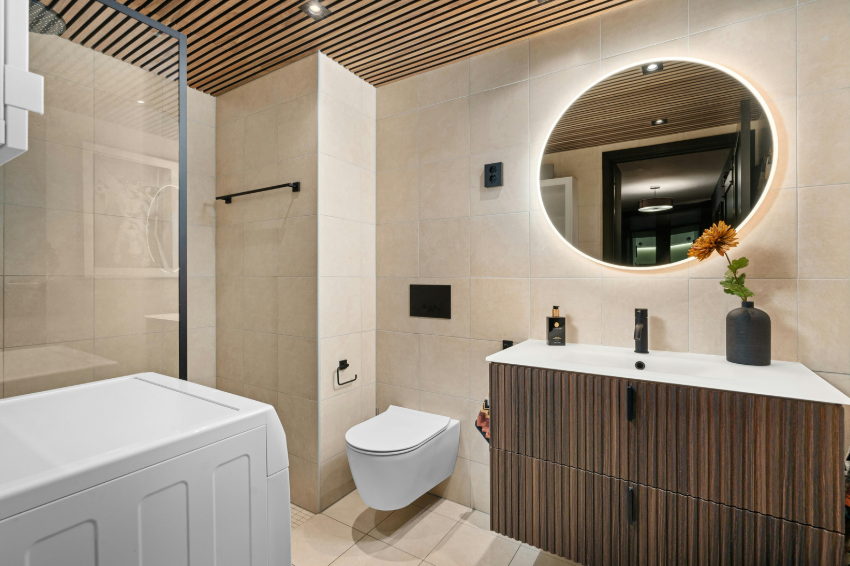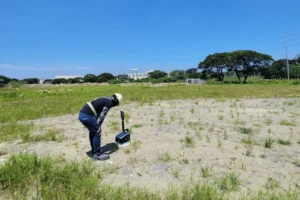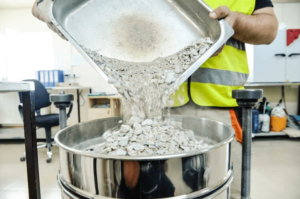Sustainable toilet system management is becoming a top priority for commercial facilities worldwide, including in Singapore. As businesses strive to meet environmental standards while reducing operational costs, smart solutions are transforming restroom management. By adopting sustainable toilet system management practices, commercial buildings can optimise water usage, enhance hygiene, and lower maintenance expenses. These innovations not only benefit the environment but also contribute to a facility’s reputation for corporate responsibility and sustainability.
The Need for Sustainable Toilet System Management
Water consumption in commercial buildings is significantly high, and improper toilet system management leads to excessive wastage. In Singapore, where water conservation is a key national focus, sustainable toilet system management plays a crucial role in reducing the strain on resources. Traditional restroom systems often suffer from inefficiencies such as leaking pipes, excessive flushing, and high maintenance costs. Implementing sustainable toilet system management helps mitigate these challenges by integrating water-efficient fixtures and smart monitoring technologies.
Smart Water-Saving Technologies for Commercial Restrooms
To achieve effective sustainable toilet system management, businesses in Singapore are adopting smart water-saving technologies. Low-flow and dual-flush toilets help reduce water usage while maintaining efficiency. Sensor-based faucets and flush systems prevent unnecessary wastage by ensuring water flows only when needed. Additionally, smart leak detection systems alert maintenance teams to issues before they become costly problems. By incorporating these solutions, commercial facilities can significantly improve their sustainable toilet system management efforts.
Eco-Friendly Waste Management Solutions
Sustainable toilet system management extends beyond water conservation to include waste management. Many commercial buildings in Singapore are turning to waterless urinals, which can save thousands of litres of water annually. Composting toilet systems are another innovative approach, converting human waste into compost instead of flushing it away. Furthermore, using biodegradable and eco-friendly cleaning products ensures that chemical runoff does not harm the environment. These practices contribute to a holistic approach to sustainable toilet system management.
IoT and AI-Driven Restroom Monitoring
The integration of the Internet of Things (IoT) and artificial intelligence (AI) is revolutionising sustainable toilet system management in commercial facilities. Smart sensors can track restroom usage, detect water leaks, and monitor supply levels for consumables like soap and toilet paper. AI-driven analytics provide actionable insights that enable facility managers to optimise restroom maintenance schedules and reduce resource wastage. In Singapore, where smart city initiatives are rapidly growing, these technologies are enhancing sustainable toilet system management across commercial sectors.
Cost Benefits and ROI of Sustainable Toilet Systems
Investing in sustainable toilet system management offers significant financial benefits. Commercial facilities in Singapore that adopt water-efficient fixtures and smart monitoring tools experience lower water bills and reduced maintenance costs. Additionally, government incentives and green certification programs encourage businesses to implement eco-friendly practices. Beyond financial savings, sustainable toilet system management also enhances a facility’s brand image, appealing to environmentally conscious customers and stakeholders.
Implementing Smart Toilet Systems in Commercial Facilities
Transitioning to sustainable toilet system management requires careful planning and execution. Businesses in Singapore should begin by assessing their current restroom infrastructure and identifying inefficiencies. Partnering with eco-friendly vendors and suppliers ensures access to high-quality, sustainable solutions. Training staff and educating building occupants on responsible water usage further enhances sustainable toilet system management. By adopting a step-by-step approach, commercial facilities can successfully integrate smart toilet systems that align with sustainability goals.
Future Trends in Sustainable Restroom Management
As technology advances, new trends in sustainable toilet system management continue to emerge. Innovations such as AI-driven predictive maintenance, self-cleaning restroom surfaces, and smart recycling systems are shaping the future of restroom management. Singapore is at the forefront of these developments, with businesses and government agencies investing in research and deployment of next-generation restroom solutions. The global shift towards sustainability ensures that sustainable toilet system management will remain a critical focus for commercial facilities in the years to come.
Takeaway
Sustainable toilet system management is essential for commercial facilities aiming to reduce water consumption, lower maintenance costs, and enhance overall restroom efficiency. In Singapore, where environmental sustainability is a national priority, businesses are adopting smart solutions to manage their toilet systems effectively. By integrating water-saving technologies, eco-friendly waste management practices, and AI-driven monitoring, facilities can optimise their restroom operations while contributing to a greener future. Investing in sustainable toilet system management is not only a smart business decision but also a vital step towards environmental responsibility.







